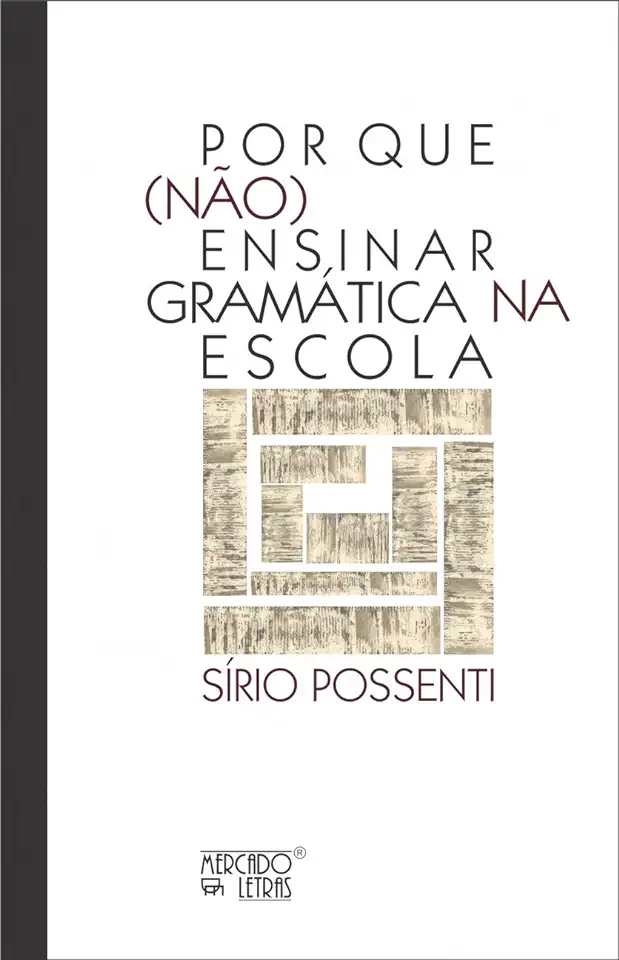
Why (Not) Teach Grammar in School - Sírio Possenti
Why (Not) Teach Grammar in School: A Persuasive Summary
In his groundbreaking book, "Why (Not) Teach Grammar in School," Sírio Possenti challenges conventional wisdom and offers a fresh perspective on the teaching of grammar in schools. With meticulous research and compelling arguments, Possenti presents a thought-provoking analysis of the current state of grammar education and proposes innovative approaches that can revolutionize the way we teach this essential subject.
Unveiling the Myths of Grammar Teaching
Possenti begins by debunking common misconceptions about grammar teaching. He argues that the traditional focus on rote memorization and rule-based instruction has failed to produce desired results and has often discouraged students from developing a genuine understanding of language. By exposing the limitations of conventional methods, Possenti sets the stage for a transformative approach to grammar education.
Grammar as a Tool for Communication
Possenti emphasizes the primary role of grammar as a tool for effective communication. He contends that grammar should not be taught as an isolated subject but integrated into the broader context of language use. By teaching grammar in authentic contexts, students can grasp its practical significance and apply it confidently in their writing and speaking.
Fostering Language Awareness and Critical Thinking
Possenti advocates for a shift in focus from teaching grammar rules to developing language awareness and critical thinking skills. He argues that students should be encouraged to analyze language patterns, identify grammatical structures, and make informed choices about language use. This approach empowers students to become active participants in the learning process and fosters a deeper understanding of language.
Promoting Linguistic Diversity and Inclusion
Possenti recognizes the importance of linguistic diversity and inclusion in grammar teaching. He challenges the notion of a single, "correct" grammar and encourages educators to embrace the richness of different language varieties. By valuing linguistic diversity, students develop a broader understanding of language and become more tolerant and respectful of others' linguistic backgrounds.
Empowering Teachers with Knowledge and Resources
Possenti emphasizes the crucial role of teachers in effective grammar teaching. He calls for providing educators with the necessary knowledge, resources, and support to implement innovative grammar teaching methods. By empowering teachers, we can ensure that students receive high-quality grammar instruction that prepares them for success in the 21st century.
Conclusion: Embracing a Transformative Approach
"Why (Not) Teach Grammar in School" is a must-read for educators, policymakers, and anyone interested in improving the teaching of grammar. Possenti's thought-provoking analysis and innovative proposals challenge the status quo and offer a roadmap for transforming grammar education. By embracing a communicative, critical thinking-based approach that values linguistic diversity and empowers teachers, we can unlock the true potential of grammar teaching and empower students to become confident and effective communicators.